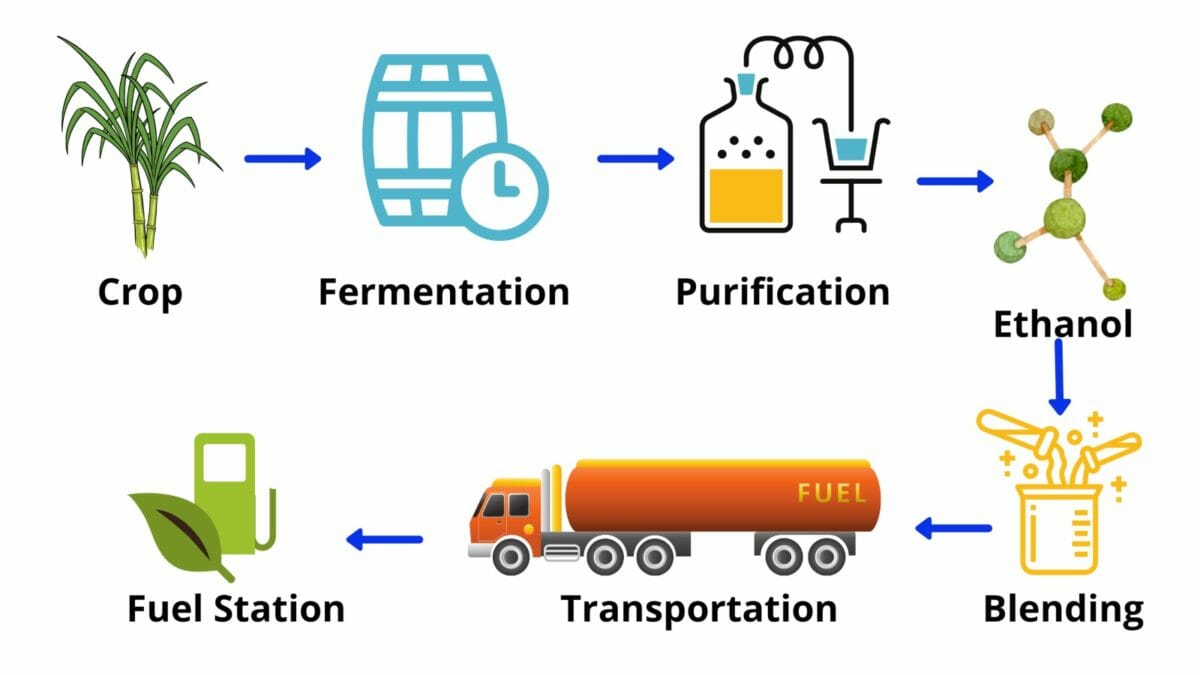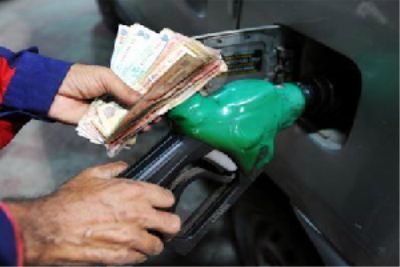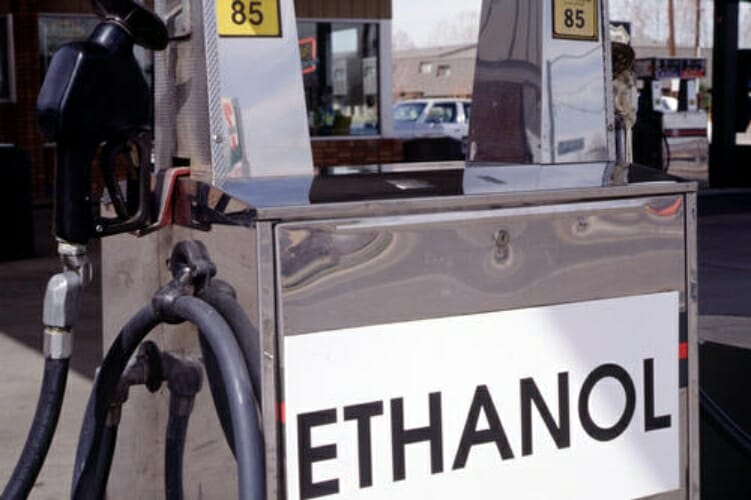The emission norms are becoming stringent. As a result, the Government is implementing stricter regulations on vehicle emissions in order to reduce air pollution and climatic conditions. In 2020, the Indian Government implemented the Bharat Stage-6 Emission norms which led to the manufacturers developing more efficient engines that emit fewer pollutants.
From 2023, the Indian Government is on the verge of implementing stricter emission norms which are also known as Bharat Stage-6 Phase-2 Emission Norms. To comply with these emission regulations, manufacturers are tweaking their powertrains to emit even lower pollutants than the outgoing emission standards and they should comply with E20 grade Ethanol Blended fuel.
About Ethanol Blending
Ethanol blending is the process of mixing ethanol with regular fuel to create a blended fuel. Ethanol is a renewable fuel because it is derived from plant sources that reduce greenhouse gas emissions and dependency on fossil fuels. Ethanol blending is done in order to reduce the amount of fossil fuel used in transportation and reduction of greenhouse gas emissions. Also, it can increase the octane rating of petrol. Ethanol is a renewable fuel, as it is made by sugar fermentation derived from organic sources and can be produced domestically. It also has lower emissions of certain pollutants than regular fuel.

What is E20 Fuel
E20 fuel is a blended fuel that contains 20% ethanol and 80% gasoline. E20 is considered to be a more sustainable fuel option than normal fuel as ethanol is a renewable resource that can be produced domestically from plant sources. Currently, E20 fuel is not widely available in India. The government of India has set a target of achieving 20% ethanol blending with petrol by 2025, but this is expected to be a tedious process.
Ill-Effects of E20 fuel on old cars
The use of E20 fuel in an old car in India can have several ill effects on the vehicle. Following are the potential issues of E20 fuel on old cars:
- Corrosion: Ethanol is a corrosive substance that can cause damage to the crucial parts of the engine made up of rubber, plastic, or metal components. This can lead to a choked fuel line, clogged fuel injectors, or even damaged engine components
- Reduced performance: If used in an old car, E20 fuel may result in reduced engine performance, such as decreased power and acceleration, or increased fuel consumption. This can make the car less efficient and more expensive to operate.
- Increased emissions: If the engine is not designed to handle higher ethanol blends, it can result in increased emissions of harmful pollutants such as nitrogen oxides (NOx) and particulate matter (PM).
- Costly repairs: If the car experiences issues related to the use of E20 fuel, it can result in costly repairs or maintenance. This can include replacing fuel lines or other components that have been damaged by ethanol corrosion.

Preventive Measures
There are several measures that can be taken to prevent issues related to the use of E20 fuel on older cars in India. Here are a few suggestions: –
- Use recommended fuel grade: If the car is not designed to handle higher ethanol blends, it is recommended to stick to regular fuel. This will help reduce the potential impact of ethanol on engine components. Manufacturers always mention the compatible grade of the fuel in the car manual.
- Use fuel additives: Adding fuel additives might help reduce the corrosive effects of ethanol on engine components
- Use a fuel stabilizer: Adding a fuel stabilizer can reduce the risk of engine damage.
- Consult a mechanic: If the car is experiencing issues due to the use of E20 fuel, it is recommended to consult a trusted mechanic or authorized service center having experience working with ethanol blends. They can provide guidance on the required maintenance to prevent further issues.

